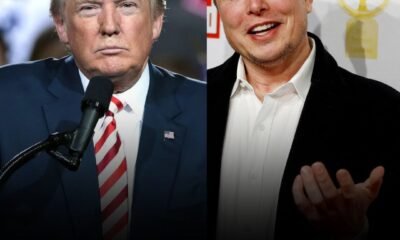Politics
What Is DOGE? Elon Musk’s New US Government Role, Explained
Elon Musk, the billionaire entrepreneur known for his leadership of companies like Tesla and SpaceX, has taken on a new role in the U.S. government as the head of the Department of Government Efficiency (DOGE). This initiative, launched by President Donald Trump on January 20, 2025, aims to streamline federal operations and cut spending. Here’s what you need to know about DOGE and Musk’s involvement:
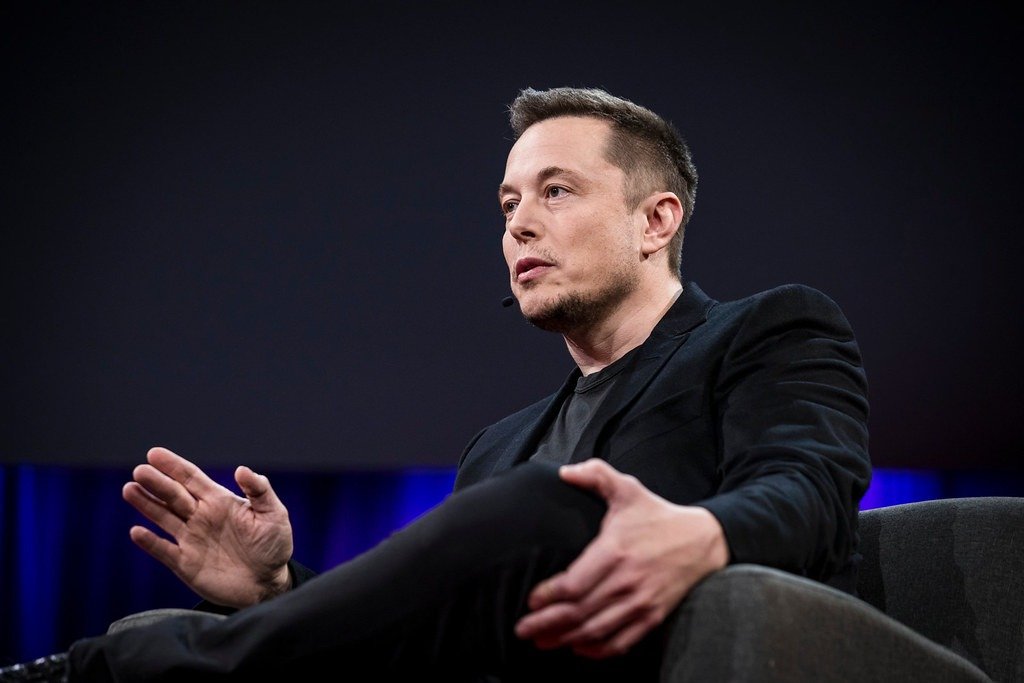
What is DOGE?
The Department of Government Efficiency, or DOGE, is a temporary organization established within the Executive Office of the President. It was created through an executive order signed by President Trump on his first day back in office. DOGE is not a traditional Cabinet-level department, but rather a rebranding and restructuring of the existing United States Digital Service, which was originally created during the Obama administration.
DOGE’s Mission and Structure
DOGE’s primary objectives include:
- Modernizing federal technology and software
- Maximizing governmental efficiency and productivity
- Cutting wasteful spending
- Reorganizing federal agencies
- Eliminating unnecessary regulations
The organization is structured with DOGE teams assigned to various federal agencies. Each team typically consists of:
- A team leader
- An engineer
- A human resources specialist
- An attorney
Elon Musk’s Role and Approach
As the head of DOGE, Elon Musk has been given significant authority to implement changes across the federal government. Some key aspects of his approach include:
- Musk and his team have moved quickly to identify and cut spending in various areas.
- Focus on technology: Given Musk’s background, there’s a strong emphasis on modernizing government IT systems and infrastructure.
- DOGE has already made significant cuts to diversity, equity, and inclusion programs, which has drawn criticism from some quarters.
Achievements and Controversies
In its first few weeks of operation, DOGE has reported some notable achievements:
- Identified over $1 billion in federal spending cuts
- Targeted $4 billion in potential savings through administrative changes to National Institutes of Health grants
- Gained access to the Treasury Department’s payment system to identify and prevent fraudulent payments.
However, DOGE’s operations have also sparked controversies:
- Concerns about data security and employee privacy due to DOGE’s extensive access to agency records and IT systems
- Questions about potential conflicts of interest, given Musk’s involvement in companies that receive government contracts
- Legal challenges, including a lawsuit alleging unlawful access to taxpayers’ personal data
Future Plans
DOGE is set to continue its cost-cutting mission, with plans to scrutinize spending in education and defense. The organization is scheduled to operate until July 4, 2026, as per the executive order.
As DOGE continues its work, it’s likely to remain a subject of intense debate, with supporters praising its efforts to reduce government waste and critics questioning its methods and authority. The long-term impact of this unique government initiative remains to be seen.
Bolanle Media covers a wide range of topics, including film, technology, and culture. Our team creates easy-to-understand articles and news pieces that keep readers informed about the latest trends and events. If you’re looking for press coverage or want to share your story with a wider audience, we’d love to hear from you! Contact us today to discuss how we can help bring your news to life
Entertainment
Juror 25’s Behavior Sparks Debate Over Fairness in High-Profile Diddy Trial

As the federal trial of Sean “Diddy” Combs unfolds under intense national scrutiny, an unexpected figure has taken center stage—not a witness or attorney, but Juror 25. His conduct in the jury room has ignited a heated debate over the integrity and fairness of the proceedings in one of the year’s most closely watched cases.

Juror 25: The Unlikely Focal Point
Juror 25, a 51-year-old Manhattan scientist with a Ph.D. in molecular biology and neuroscience, lives with his partner and is known for his love of opera and nature documentaries. During jury selection, he disclosed having seen video evidence related to the case, a detail that already set him apart from his peers.
Tensions in the Jury Room
Shortly after deliberations began, the jury sent a note to Judge Arun Subramanian expressing concern: Juror 25 “cannot follow your honor’s instructions.” This rare move immediately raised questions about whether the juror was struggling to grasp legal concepts or was simply challenging the group’s consensus. The judge, after careful consideration, instructed the panel to continue and report any further issues.

A Divided Jury—and Public
The situation has sparked a broader debate:
- Robust Deliberation or Disruption? Some argue that Juror 25’s insistence on thorough discussion is vital for justice, ensuring no detail is overlooked. Others worry that his approach could derail the process and threaten a fair verdict.
- Judicial Dilemma: The judge’s decision not to remove Juror 25 reflects the delicate balance between respecting juror independence and maintaining order.
- Media Spotlight: With every development dissected in real time, public opinion is sharply divided—some see Juror 25 as a conscientious holdout, others as an obstacle to justice.

What’s at Stake
This controversy highlights the challenges of jury selection in high-profile cases and the pressures jurors face under the national spotlight. It also raises fundamental questions about what fairness means in the American justice system: Is it about consensus, or about ensuring every voice is heard—even if it complicates the path to a verdict?
Business
Trump Threatens to ‘Take a Look’ at Deporting Elon Musk Amid Explosive Feud
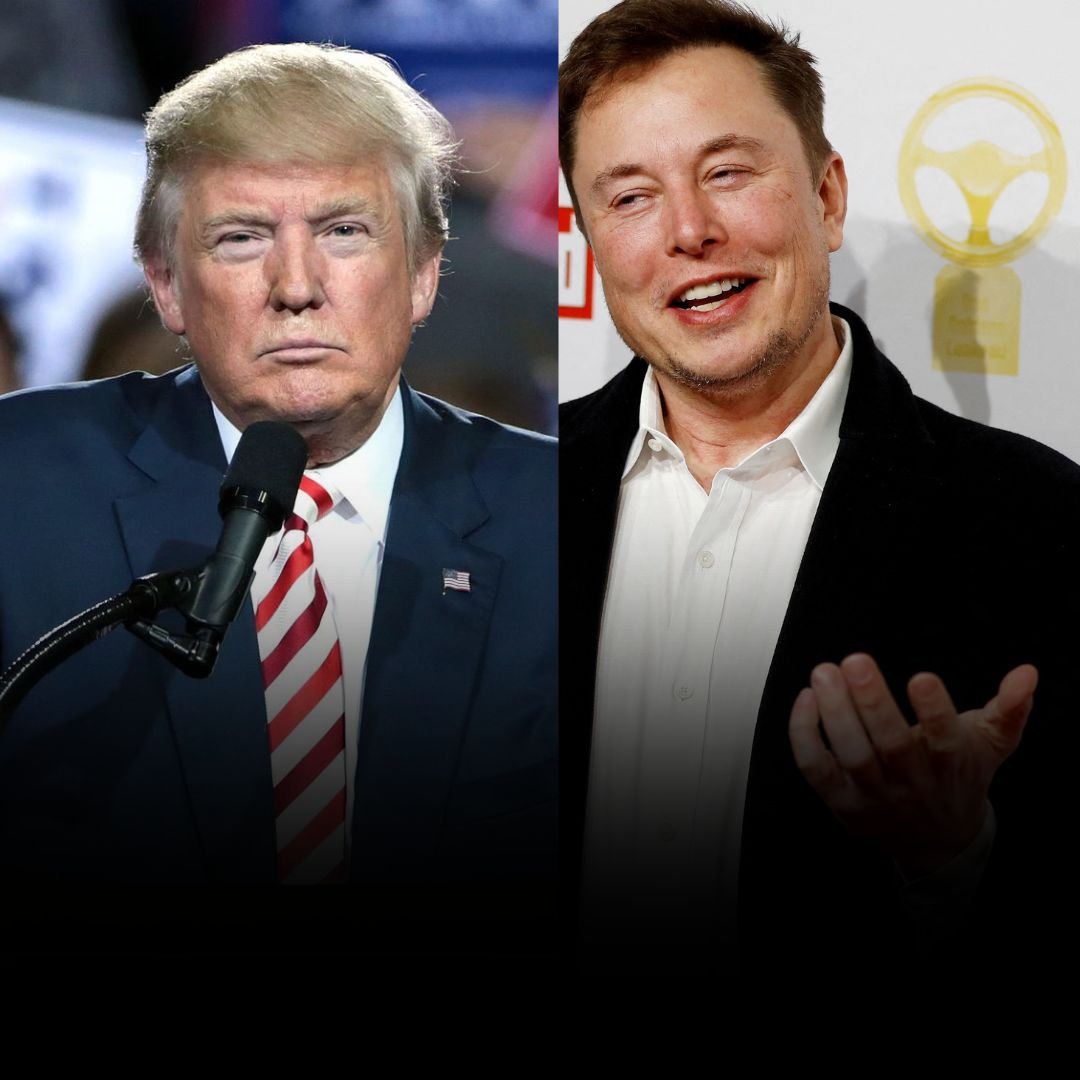
The escalating conflict between President Donald Trump and Elon Musk reached a new peak this week, as Trump publicly suggested he would consider deporting the billionaire entrepreneur in response to Musk’s fierce criticism of the president’s signature tax and spending bill.
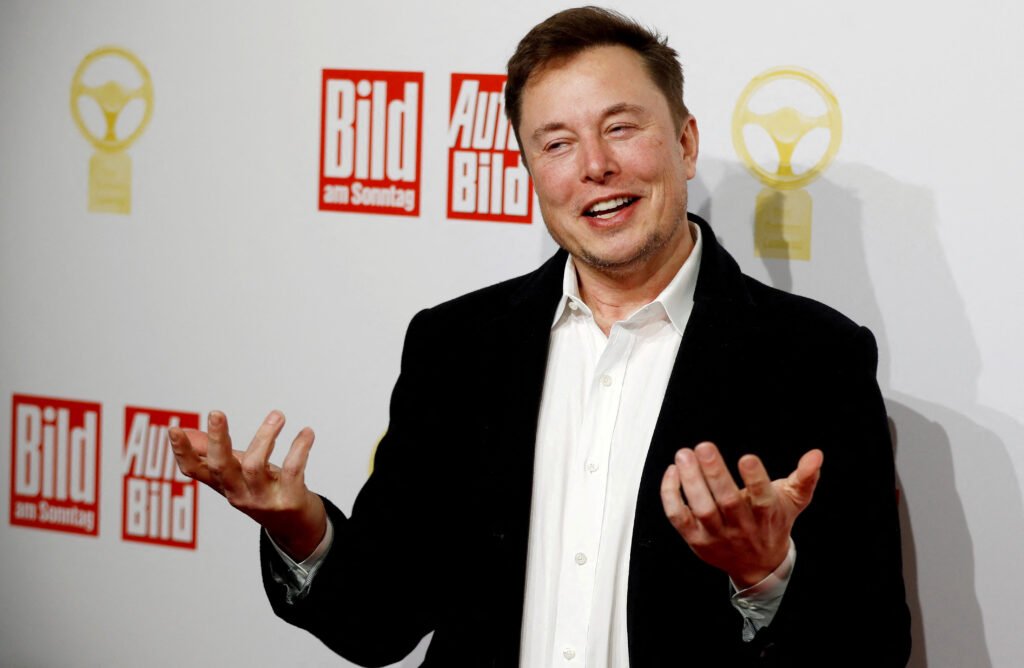
“I don’t know, we’ll have to take a look,” Trump told reporters on Tuesday when asked directly if he would deport Musk, who was born in South Africa but has been a U.S. citizen since 2002.
This threat followed a late-night post on Trump’s Truth Social platform, where he accused Musk of being the largest recipient of government subsidies in U.S. history. Trump claimed that without these supports, Musk “would likely have to shut down operations and return to South Africa,” and that ending such subsidies would mean “no more rocket launches, satellites, or electric vehicle production, and our nation would save a FORTUNE”.
Trump also invoked the Department of Government Efficiency (DOGE)—a federal agency Musk previously led—as a potential tool to scrutinize Musk’s companies. “We might have to put DOGE on Elon. You know what DOGE is? The DOGE is the monster that might have to go back and eat Elon,” Trump remarked, further intensifying the feud.
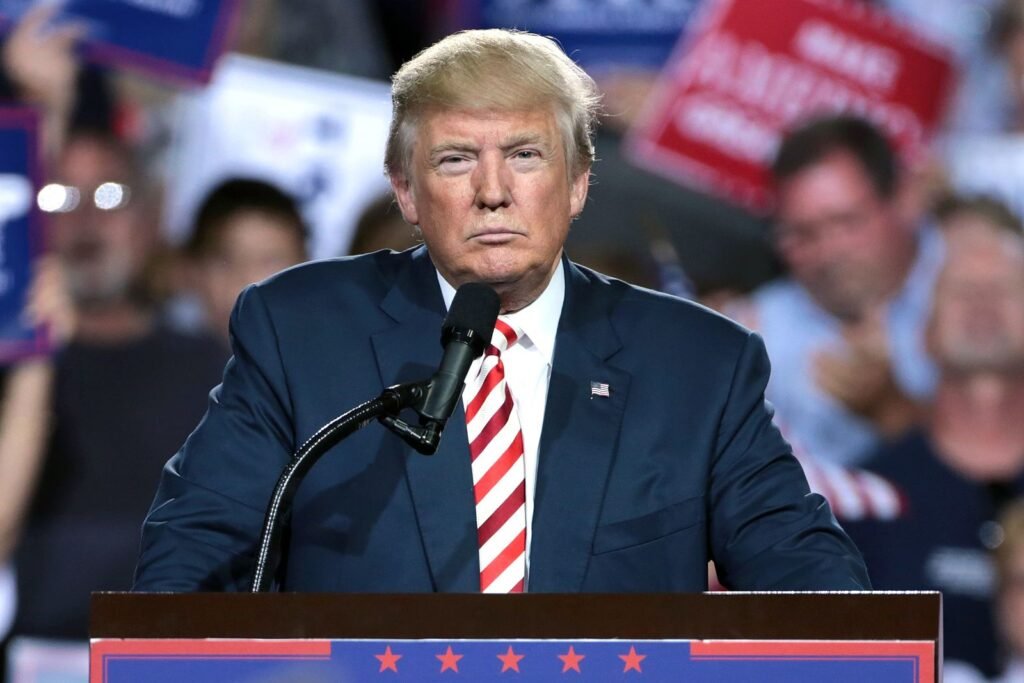
Background to the Feud
The rupture comes after Musk’s repeated attacks on Trump’s so-called “Big, Beautiful Bill,” a comprehensive spending and tax reform proposal that Musk has labeled a “disgusting abomination” and a threat to the nation’s fiscal health. Musk, once a Trump ally who contributed heavily to his election campaign and served as a government advisor, has called for the formation of a new political party, claiming the bill exposes the need for an alternative to the current two-party system.
In response, Trump’s allies have amplified questions about Musk’s citizenship and immigration history, with some suggesting an investigation into his naturalization process. However, legal experts note that deporting a naturalized U.S. citizen like Musk would be extremely difficult. The only path would involve denaturalization—a rare and complex legal process requiring proof of intentional fraud during the citizenship application, a standard typically reserved for the most egregious cases.
Political Fallout
Musk’s criticism has rattled some Republican lawmakers, who fear the feud could undermine their party’s unity ahead of the 2026 midterm elections. Meanwhile, Musk has doubled down on his opposition, warning he will support primary challengers against Republicans who back Trump’s bill.
Key Points:
- Trump has publicly threatened to “take a look” at deporting Elon Musk in retaliation for Musk’s opposition to his legislative agenda.
- Legal experts say actual deportation is highly unlikely due to the stringent requirements for denaturalizing a U.S. citizen.
- The feud marks a dramatic reversal from the pair’s earlier alliance, with both men now trading barbs over social media and in public statements.
As the dispute continues, it has become a flashpoint in the broader debate over government spending, corporate subsidies, and political loyalty at the highest levels of American power.
Health
McCullough Alleges Government Hid COVID Vaccine Side Effects

Dr. Peter McCullough, a prominent cardiologist and vocal critic of COVID-19 vaccine safety protocols, delivered explosive testimony before the U.S. Senate, alleging that federal officials intentionally concealed known side effects of mRNA COVID-19 vaccines, particularly myocarditis, to avoid fueling vaccine hesitancy. The hearing, held by the Senate’s Permanent Subcommittee on Investigations, focused on the government’s handling of adverse event data and the transparency of public health messaging.
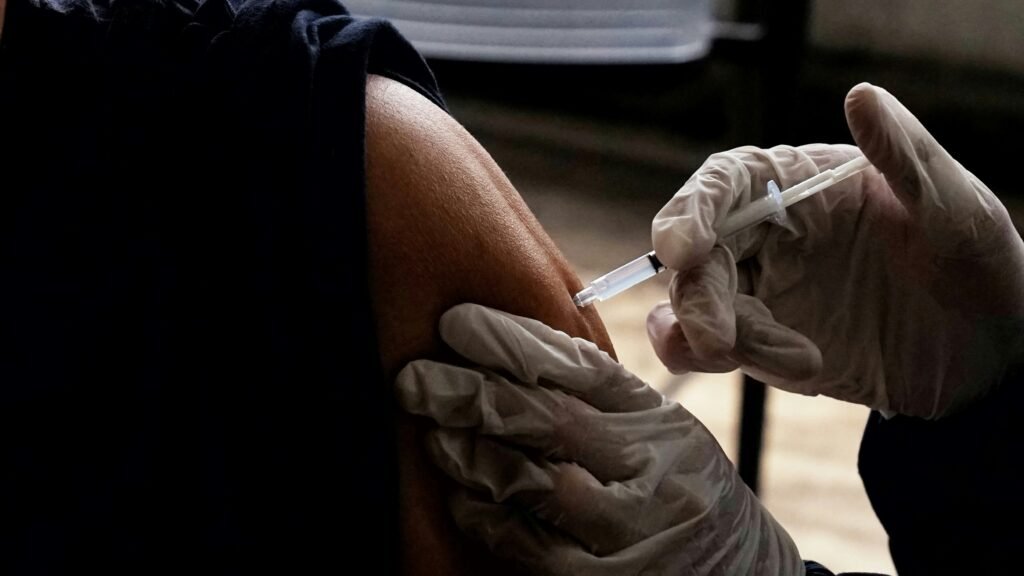
Allegations of Concealment and Downplaying Risks
Dr. McCullough and other expert witnesses argued that by early 2021, federal health agencies—including the CDC and FDA—were aware of a rising number of myocarditis cases, especially in young males, following mRNA vaccination. According to McCullough, rather than promptly issuing a Health Alert Network (HAN) message to inform medical professionals and the public, officials chose to minimize the risks in public communications and delayed formal warnings.
Senate documents and testimony indicated that the Biden administration’s primary concern was not the adverse events themselves, but the potential for increased vaccine hesitancy if these risks were widely publicized. Subpoenaed records showed that talking points distributed to top health officials in May 2021 described myocarditis and pericarditis as “rare” and emphasized the benefits of vaccination.
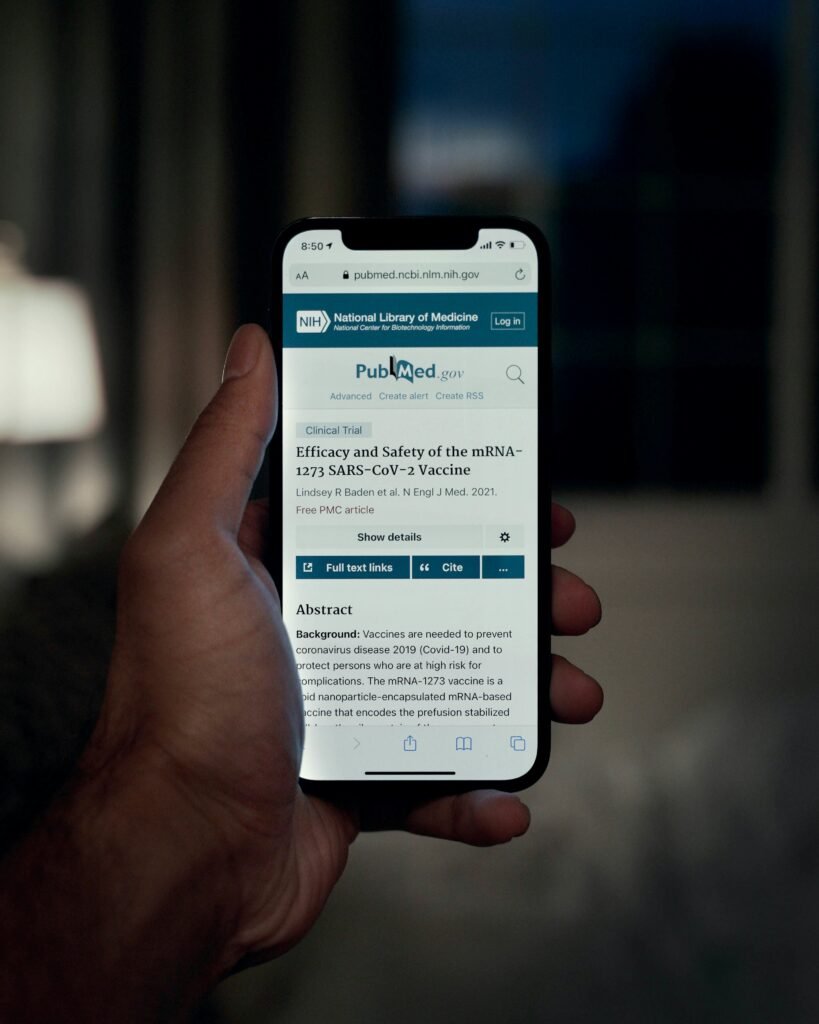
Expert Testimony and Public Reaction
Dr. McCullough cited autopsy data and peer-reviewed literature to support his claims, stating that a significant proportion of post-vaccine deaths could be linked to the mRNA vaccines—a point that has ignited debate within the medical community due to conflicting interpretations of the data. Other witnesses, such as Dr. Jordan Vaughn, reinforced concerns about the lack of timely alerts to physicians, arguing that earlier warnings could have improved patient outcomes and informed consent.
Disputed Evidence and Context
Some lawmakers and public health advocates cautioned against interpreting the delayed warnings as evidence of a deliberate cover-up. They noted that internal emails and communications showed CDC officials reminding providers to report myocarditis cases and discussing how best to communicate evolving risks. Critics of the concealment narrative argue that these actions reflect the complexities of decision-making during a public health emergency rather than intentional suppression of information.

Current Agency Position
In response to mounting scrutiny, the FDA has expanded warning labels for mRNA COVID-19 vaccines to include more detailed information about the risk of myocarditis, particularly among young males. The CDC maintains that these cases remain rare and typically resolve quickly, and continues to emphasize the overall safety and efficacy of the vaccines.
Summary Table: Key Points from Senate HearingAllegation/Testimony Supporting Details Official Response Government hid vaccine side effects Delayed HAN alert, internal talking points downplaying myocarditis Agencies say risk was rare, warnings now updated Myocarditis risk known early, not disclosed Subpoenaed records, expert testimony CDC/FDA cite evolving evidence, communications to providers5 Public health prioritized hesitancy over transparency Senate report, witness statements Agencies highlight need for careful messaging
The Senate hearing has intensified calls for greater transparency and accountability in vaccine safety monitoring, while also fueling ongoing debate over the interpretation and communication of vaccine risk data.

 Advice1 week ago
Advice1 week agoWhat SXSW 2025 Filmmakers Want Every New Director to Know

 Film Industry2 weeks ago
Film Industry2 weeks agoFilming Yourself and Look Cinematic

 Politics3 weeks ago
Politics3 weeks agoBolanle Newsroom Brief: Israel Strikes Iran’s Nuclear Sites — What It Means for the World

 News5 days ago
News5 days agoFather Leaps Overboard to Save Daughter on Disney Dream Cruise

 Advice1 week ago
Advice1 week agoWhy 20% of Us Are Always Late

 Health4 days ago
Health4 days agoMcCullough Alleges Government Hid COVID Vaccine Side Effects

 Entertainment3 weeks ago
Entertainment3 weeks agoThe Hidden Reality Behind Victoria’s Secret

 Advice1 week ago
Advice1 week agoHow to Find Your Voice as a Filmmaker









